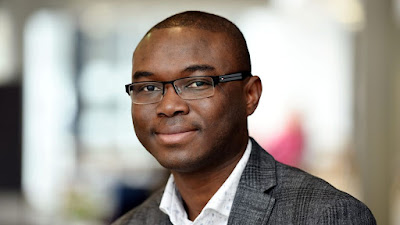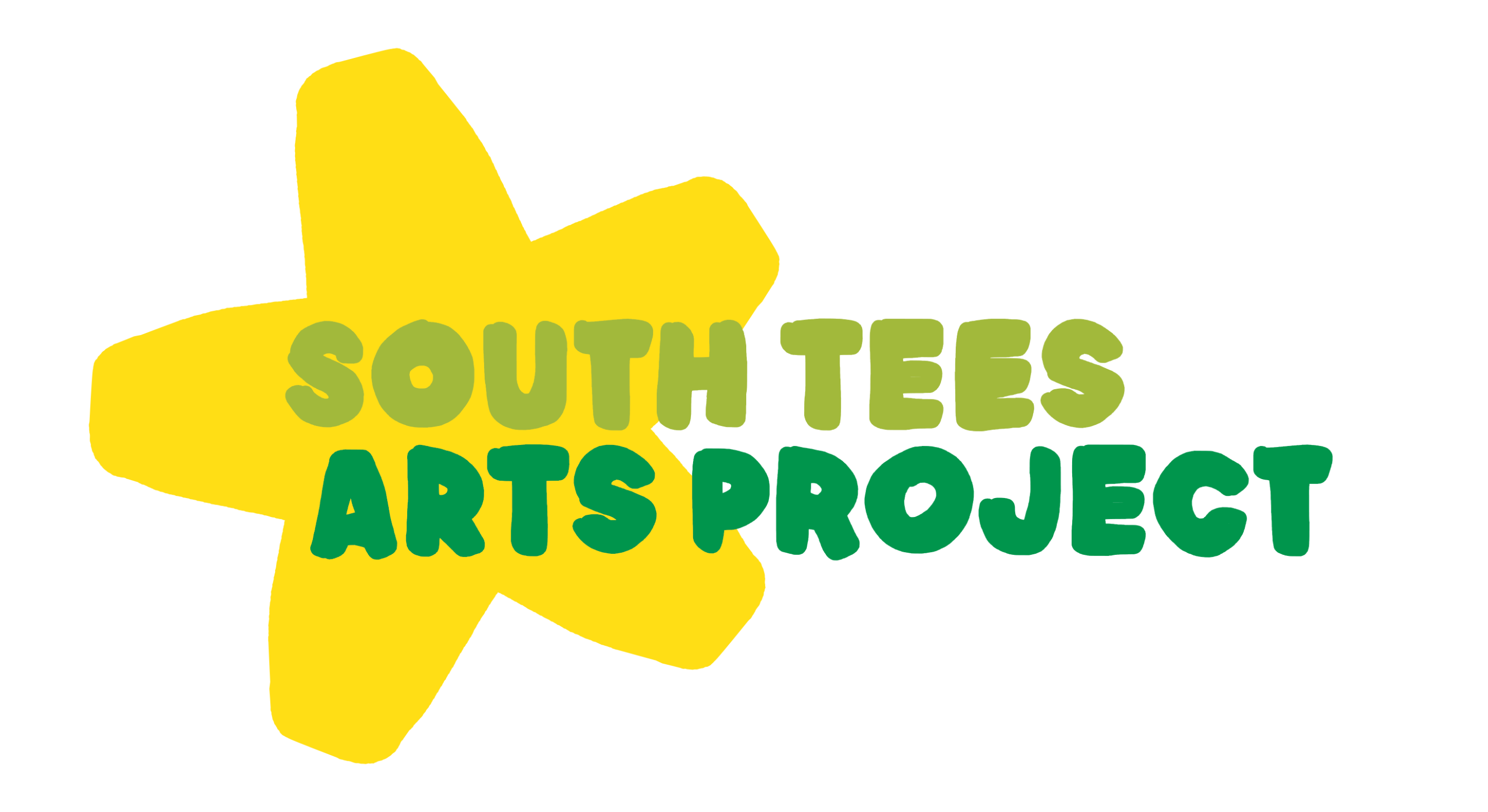In today's Fuse blog, Pascal gives his top tips for anyone starting out in research, and shares his own experience which began working with Fuse and Teesside University.
His advice? A passion for the "why?" question and accessing the right mentorship.
As part of the NIHR ‘Your Path In Research’ campaign.
After working as a clinician for several years, I felt that my impact on service users was limited. So, upon a thorough reflection, I was inspired to progress into public health research, where I felt I would have a broader impact on society.
Research work is fascinating as it provides a clear pathway to contributing to advancing the knowledge of the disciplinary sector to which I am dedicated. The importance of research should go beyond conceiving theoretical works that would only find a physical location in a library. Research should be "living", circulating, interacting, multidisciplinary, and impacting the environment.
What I enjoy about research is that it allows me to pursue my interests, learn something new, hone my problem-solving skills and challenge myself in several unique ways. Working on a faculty-initiated research project enables me to work closely with a mentor–a faculty member, and other experienced researchers. With a self-initiated public health research project, I can leave the community with a service that represents the distillation of my interests and studies and, possibly, a real contribution to knowledge.
There are many training and support systems that I have found valuable during my career. Researchers usually embark on increasingly diverse careers, where collaboration, networking and interdisciplinarity have become more important. Critical reading, academic writing and critical analysis are valuable training and support required of a researcher. Transferable skills, such as effective communication and problem-solving abilities, have helped me operate more effectively in different work environments.
Starting a research career can be daunting but exciting! The challenge of getting the support needed to achieve my dream came true when I enrolled at Teesside University for a research degree. This began by getting involved with AskFuse (Fuse’s responsive research and evaluation service) and with Associate Professor Dr Peter van der Graaf, working on an enquiry to evaluate Northumbria NHS Foundation Trust’s staff health and wellbeing resources during the pandemic, as part of my PhD research. This then led to working on the South Tees Arts Project (STAR) with Peter, a pilot study to co-produce wellbeing measures with primary school children, their parents, teachers, and artists for a school-based dance intervention. I supported the data collection, analysis and report writing for the STAR project as a Research Assistant and even wrote a song for the engagement activities with children in the research!
I had the opportunity of getting mentorship and some academic resources to enhance my knowledge. I connected and contacted very experienced researchers in the field of public health who supported my interest in growing as a research professional. Through the people I’ve met, I have had the opportunity to work on exciting but substantial research projects that have had a massive impact on the public health community.
My top three tips for somebody starting out in research are:
Research work is fascinating as it provides a clear pathway to contributing to advancing the knowledge of the disciplinary sector to which I am dedicated. The importance of research should go beyond conceiving theoretical works that would only find a physical location in a library. Research should be "living", circulating, interacting, multidisciplinary, and impacting the environment.
What I enjoy about research is that it allows me to pursue my interests, learn something new, hone my problem-solving skills and challenge myself in several unique ways. Working on a faculty-initiated research project enables me to work closely with a mentor–a faculty member, and other experienced researchers. With a self-initiated public health research project, I can leave the community with a service that represents the distillation of my interests and studies and, possibly, a real contribution to knowledge.
There are many training and support systems that I have found valuable during my career. Researchers usually embark on increasingly diverse careers, where collaboration, networking and interdisciplinarity have become more important. Critical reading, academic writing and critical analysis are valuable training and support required of a researcher. Transferable skills, such as effective communication and problem-solving abilities, have helped me operate more effectively in different work environments.
Starting a research career can be daunting but exciting! The challenge of getting the support needed to achieve my dream came true when I enrolled at Teesside University for a research degree. This began by getting involved with AskFuse (Fuse’s responsive research and evaluation service) and with Associate Professor Dr Peter van der Graaf, working on an enquiry to evaluate Northumbria NHS Foundation Trust’s staff health and wellbeing resources during the pandemic, as part of my PhD research. This then led to working on the South Tees Arts Project (STAR) with Peter, a pilot study to co-produce wellbeing measures with primary school children, their parents, teachers, and artists for a school-based dance intervention. I supported the data collection, analysis and report writing for the STAR project as a Research Assistant and even wrote a song for the engagement activities with children in the research!
I had the opportunity of getting mentorship and some academic resources to enhance my knowledge. I connected and contacted very experienced researchers in the field of public health who supported my interest in growing as a research professional. Through the people I’ve met, I have had the opportunity to work on exciting but substantial research projects that have had a massive impact on the public health community.
My top three tips for somebody starting out in research are:
- First and foremost, you should be motivated, passionate, and curious about your research topic – do it for science, not tenure! No one ever became a successful scientist with the sole premise of being awarded the Nobel Prize. And remember that plans rarely work out the way you thought they would.
- Be prepared for a challenging career. Research is ever-changing. Be prepared for the change that research comes with strengthening your problem-solving skills to enhance the fun aspect of research. Problem-solving skills refer to handling difficult situations and overcoming complex challenges. They involve breaking a problem down into its parts, thinking critically about each element, analysing the information you find and using that information to form an effective solution. Having strong problem-solving skills will help make you an asset in your research practice and help you advance your research career.
- Finally, be proactive, network and connect more with like-minded professionals. Sometimes, the key to getting to places is not what you know but who you know. We can learn a lot from talking to peers and senior colleagues. Attending symposiums, seminars and conferences is a great way to meet people who share common interests with you but have different experiences.
The NIHR launched the Your Path In Research campaign this week. Better research leads to better services for the public. That’s why the NIHR want to encourage organisations and social care and public health professionals to play an active role in research, as a way to deliver even better services.
The Your Path in Research campaign highlights how people can make research part of their careers. Some amazing researchers have shared their experiences, how they started in research and what advice they can give to researchers that are considering adding research to their careers.
Take your first step in research today.
Take your first step in research today.



No comments:
Post a Comment